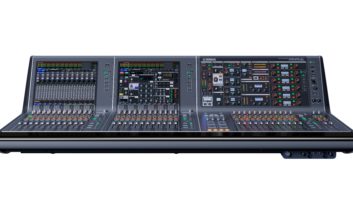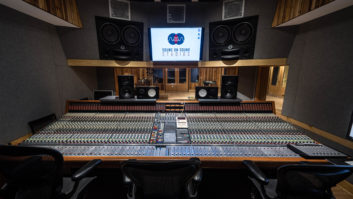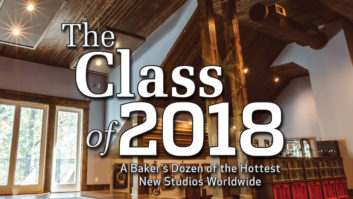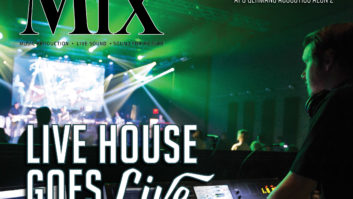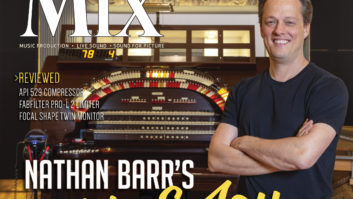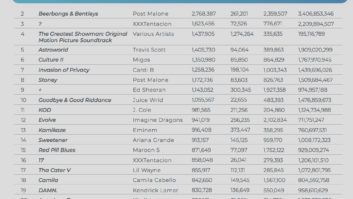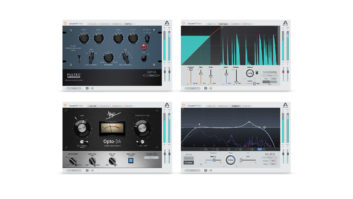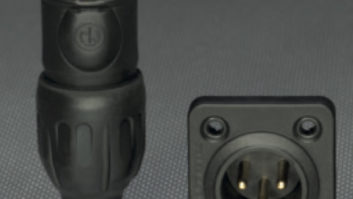Mike Levine: Mix Technology Editor—Studio
Loops Don’t Improvise: I was recently asked to perform, along with some other artists, at a memorial concert for a folk singer. The day of the show, I received an email saying that they had added an additional person to the bill (a speaker) and now were in danger of running overtime. Apparently, the hall they rented for the event had a hard time limit that they couldn’t exceed without incurring additional costs. So the organizer’s solution was: “No instrumental breaks.”
I was sympathetic to the problem, but not the solution, which was based on a blanket assumption that lyrics are the most critical part of music, rather than the instruments. And that’s related to a current trend in the music industry: the decline in the value of musicianship. Today, in most popular music styles, it’s all about vocals, and musicianship is secondary or nonexistent. Don’t get me wrong; I’m not pining for the excesses of the ’80s, where narcissistic shredders soloed ad nauseam. But I do think the pendulum has swung way too far in the other direction, and, to me, it’s to the detriment of music as a whole.

Product of the Week: Focal Clear Headphones: Focal’s new Clear Professional Reference Headphones ($1,699) are designed to make mixing on headphones as similar to mixing on monitors as possible. These high-end cans (I hesitate even to use that nickname, which doesn’t seem fitting of a product of this quality) are designed to provide tonal balance across the spectrum, as well as excellent bass articulation and high-frequency detail.
Don’t Get Down About Downtime: If you rely on your studio for all or some of your income, odds are that you’re going to have downtime. Here are some of the things I do (or at least think about doing) when I have no projects going on.
- Create better DAW templates. I’m always refining my templates, and when I have some time on my hands, I’ll often work on making them even more comprehensive. That will save me time when I’m busy.
- Get organized. I’m not obsessive, so clutter and disorganization are gremlins that I’m perpetually battling. So for me, downtime is not only an opportunity to clean up and put everything back where it goes, but it’s also a chance to improve my organization and storage systems.
- Get to know your software better. I find that if I read the manuals, watch YouTube videos, or spend time playing with my music software, I discover a lot more functionality than I realized was there.
Related stories by Mike Levine:
• Loops Don’t Improvise, May 14, 2018
• Don’t Get Down About Downtime, May 8, 2018
• Hear Today, Not Tomorrow, May 1, 2018
Steve La Cerra: Mix Technology Editor—Live
It’s Only Rock and Roll: A few days ago I witnessed a band’s FOH engineer make an ass out of himself yelling at the audio crew over a talkback mic because there were a few mispatched input lines from the stage. I suppose that if it were his crew, his reaction might have been considered somewhat less rude (I doubt it), but it wasn’t his crew, which made his attitude all the more inappropriate.
I had the same issue later in the evening when it was time for my line check and the lead vocal microphone was nowhere to be found. As I watched the clock tick past our start time I got a little annoyed, but I let the FOH systems engineer know what was happening and moved on to check other inputs.
Moments later, the vocal channel came up and we were ready to go, albeit five minutes late. No yelling, no screaming, cool heads all around. We all breathed a sigh of relief as the set started, and the net result was the same as if I had been jumping up and down like Yosemite Sam. The difference is that there was no animosity or discourteous behavior on anyone’s part—which makes it easier to put your head on the pillow at the end of the night and makes working with the same crew easier in the future.
Lighten up. It’s only rock ’n’ roll.
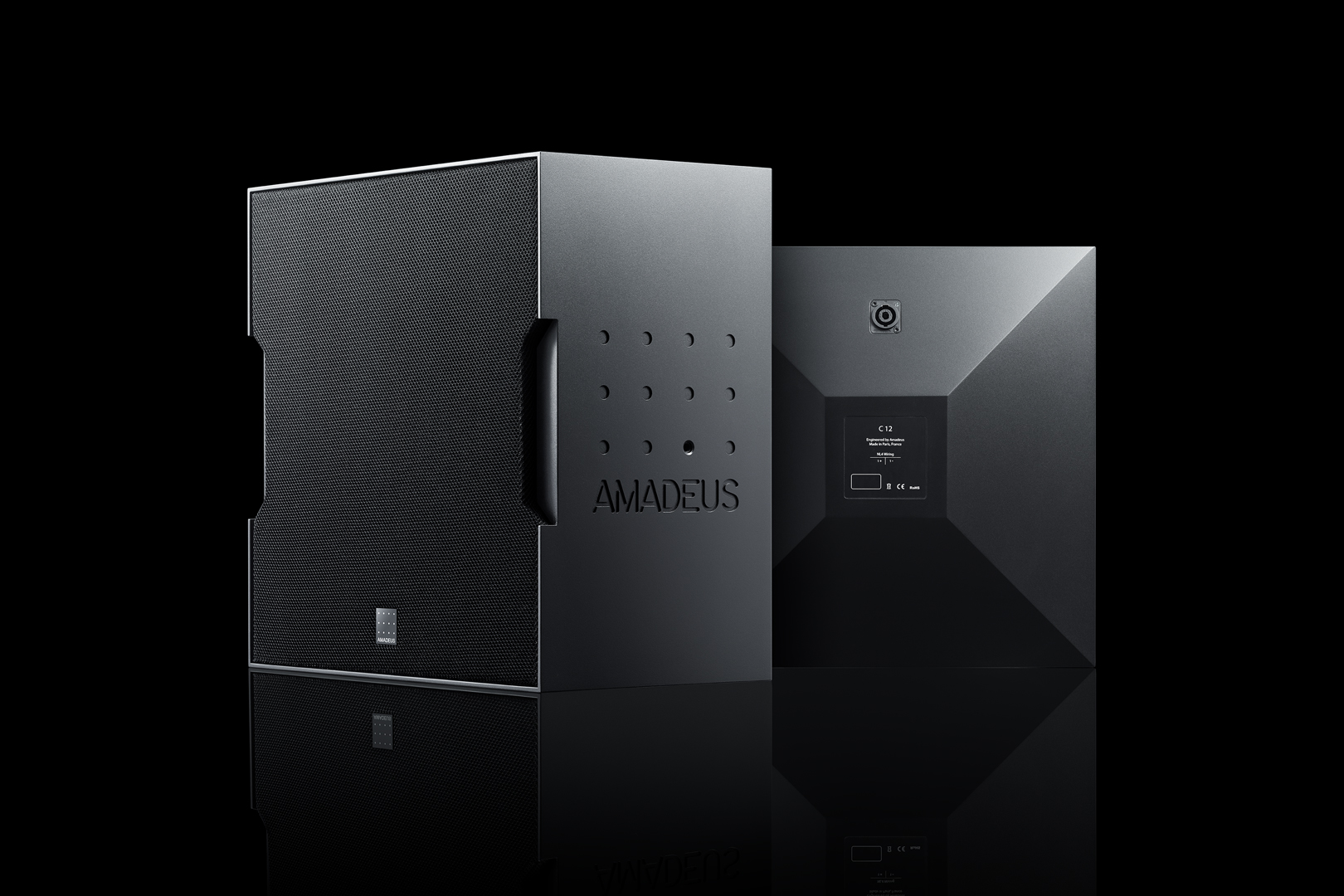
Product of the Week: Amadeus C Series Loudspeakers: Originally designed for the Paris-based Théâtre National de Chaillot, Amadeus’ C Series is a line of high-definition point source loudspeakers intended for venue applications where conventional coax or line array systems are not an option. There are currently two coax models in the C Series: the C12 is a two-way point source transducer (12-inch woofer and 1.75 HF driver), and the C15 is a three-way point source transducer utilizing a 15-inch woofer.
What’s That Sound: The other day I mixed a show on an analog console. That’s a rarity these days because the overwhelming majority of the time I work on digital desks of various shapes and sizes.
Working in the analog domain is a bit of a pain in the arse, especially when I’m pressed for time. I have to manually patch compressors and gates, as well as the outboard gear. I have to program delay and reverb processors with my settings for various delays and the silly effects I need for different songs. Hell, I might even need to crawl behind a desk to fish out some patch cables. Heavens to Murgatroyd, I even had to re-create my VCA, subgroup and mute group assignments from scratch, and switch some of the sends from pre- to post-fader. It’s funny how not too many years ago this was a normal part of the day’s setup and soundcheck—but not so much anymore. Where’s the recall button on this thing?
When the band started their soundcheck, I remembered. Yes, I remembered what I miss about analog desks: the sound.
Related stories by Steve La Cerra:
• It’s Only Rock ‘n’ Roll, May 17, 2018
• What’s That Sound, May 10, 2018
• You Ain’t Got It If You Aint’ Got It in a Lotta Places, May 3, 2018
• High-Res… Why Not?, April 26, 2018
